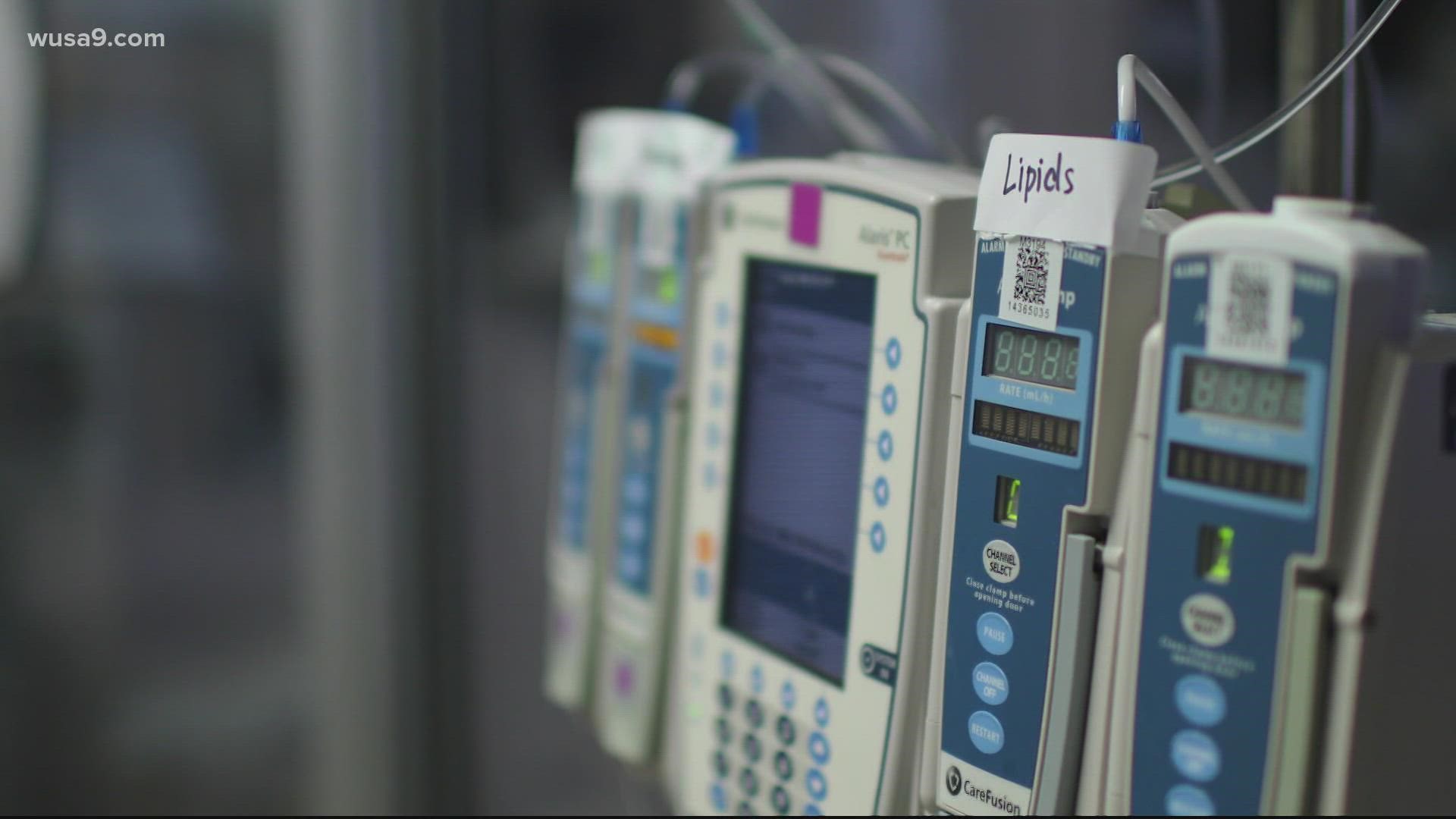SUFFOLK, Va. — Ten-year-old Teresa Sperry was learning to roller skate, enjoying her first days back at school in the fifth grade, and never had more than a simple cold throughout her life.
That’s how Teresa’s parents, now in protective quarantine, described their daughter – days after she became one of two Virginia children to die from COVID-19 this week.
Health officials and family members confirmed both children were under 11 years old, still too young to receive the vaccine. Pediatric deaths in Virginia and nationwide are exceedingly rare, yet the American Academy of Pediatrics warns juveniles comprise more than 1 in 4 U.S. weekly COVID-19 cases.
“It’s a simple thing, wear the mask, get vaccinated,” said Teresa’s mother, Nicole Sperry, in an interview Wednesday. “Care about everybody else. I had to leave her [in the hospital]. No parent should have to go through that.”
Sperry died in a Norfolk intensive care unit on Monday. Both of her parents told WTKR-TV they are fully vaccinated, with their daughter’s illness escalating from a headache to extreme difficulty breathing.
Officials confirmed a child under 10-years-old later died on Wednesday, reporting the juvenile lived in eastern Virginia.
In total, the commonwealth has had 13 juvenile deaths from COVID-19, 12 of them recorded this year.
“We are having sicker kids, and we are having more kids coming through the door,” said Dr. Sarah Combs, an emergency medicine physician with Children's National Hospital. “And I really think it just brings home the point, that COVID is a problem for children, too.”
Dr. Combs described days of zero young patients with the virus in June and July of this year. “Then, we’re going into August, certainly September, we’re talking daily double digits of positive tests, a peak of 23 children at Children’s National in September.”
The hospital’s previous peak reached 18 children in the late winter of 2020, Dr. Combs said. The most recent count at Children’s National has 14 children with the virus.
Work continues within the Food and Drug Administration (FDA) to evaluate emergency use of the Pfizer-BioNTech vaccine for children 5 to 11 years old.
Regulators are now evaluating promising data for smaller vaccine doses of 10 micrograms given to young children, rather than 30 micrograms administered to adults.
Doctors generally view the 5 to 11-year-old FDA emergency approval timeline ending before the holiday season.
“If the FDA does an expedited 4-6 week review, we could really start rolling this out, November, December,” Dr. Combs offered.
“I think that would be great, going into the winter, keeping children in school, keeping children safe for their winter holidays to spend with family and friends.”

